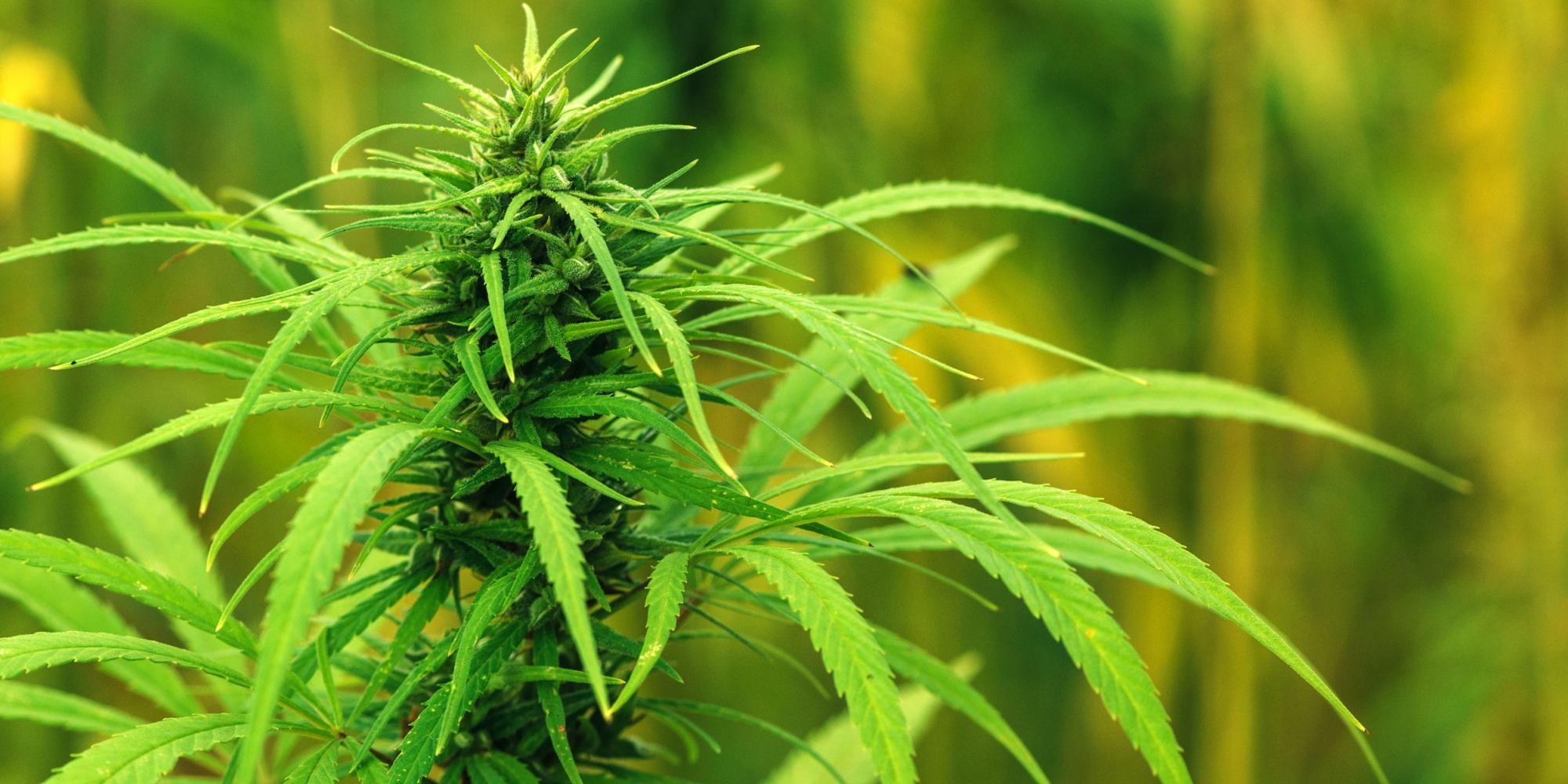11.21.2025
Sausage casings bulletin, November 21, 2025

...

New York Agriculture & Markets Commissioner Richard Ball said in a letter to farmers on Friday that the agency is bowing out of regulating hemp in the Empire State. Ball emphasized that the onerous requirements found in the USDA’s IFR are burdensome for farmers, but also for states, who are responsible for oversight. Hemp markets are especially vulnerable given the erosion of hemp prices and the increasing regulatory pressure that is testing states’ resolve on the fledgling sector.
In his letter, Ball said “It is the Department’s view that many of the requirements concerning the scope and timing of sampling and testing, the disposal of non-compliant plants, and reporting are unrealistic and impose unreasonable burdens on growers and any state interested in administering a compliant program.”
We noted in previous commentary that the National Association of State Departments of Agriculture (NASDA) and the National Industrial Hemp Council (NIHC) have advocated for extending the 2014 Pilot Program to 2021, citing the pandemic as a barrier to state agencies working with lawmakers to develop state hemp plans. As of today, we don’t see any movement on this front, and we have to assume that the transition to USDA program rules will occur on November 1, ready or not.
New York offers a glimpse into what other states may do, in light of the resources necessary to effectively oversee a compliant hemp program with strict THC policy. It is easy to lose sight of the fact that hemp policy is inseparable from cannabis policy, with an invisible, arbitrary threshold that separates the two. There is a great deal of uncertainty about sampling, analysis, crop destruction, and harvest timing requirements that some states will cheerfully step aside to let the USDA sort it. How this will impact producers is unclear. The USDA competently administers a number of essential programs that help farmers and indirectly bolster agricultural markets.
We’ve also noted in previous commentary that an extension of the 2014 Pilot Program would be a win-win-win for the USDA, state agencies, and hemp producers. There does not appear to be sufficient appetite among lawmakers to address the impending transition, nor the contingencies that would ameliorate the switch from 2014 Pilot Program rules to the IFR. From a USDA perspective, there is no appetite for drawing out the transition, nor do they have the authority to do so.
This begs the question then, is political support for hemp eroding? We believe that political support has waned over the last year, as lawmakers learned more about hemp and the issues that have arisen from its legalization. Most lawmakers had no idea that the market would be dominated by the same products that make up the adult use cannabis programs. Smokable flower and extracts have been the drivers in hemp markets, and this was unforeseen by state and federal lawmakers that envisioned industrial uses providing a lifeline for American farmers.
The transition to legal hemp was never going to be an easy one. The vast machinery of government spent decades trying to eradicate the crop in all forms, and that is deeply ingrained in our culture and our institutions. The normalization of hemp markets can be likened to an ocean-going freighter. They do not turn sharply or quickly, nor do they stop easily. The markets do have significant momentum, and they’ll need that for the rough seas forecasted in November, when the IFR takes effect. We do not foresee any meaningful downward pressure on hemp pricing, and in fact, quite the opposite may be true in the long run, if policy pressures supply.
November is also a pivotal time in US politics, where a change in leadership in the executive or legislative branch could yield positive results for the hemp industry. The issues that hemp stakeholders are confronting aren’t resulting from incumbents in either branch, but those bodies nonetheless are responsible for guiding the industry forward. The Senate Majority Leader appears to have lost his appetite for hemp, so there is a clear opportunity for far-sighted leadership that is being missed, that perhaps fresh eyes and helms(wo)man will guide the sector into calmer waters.